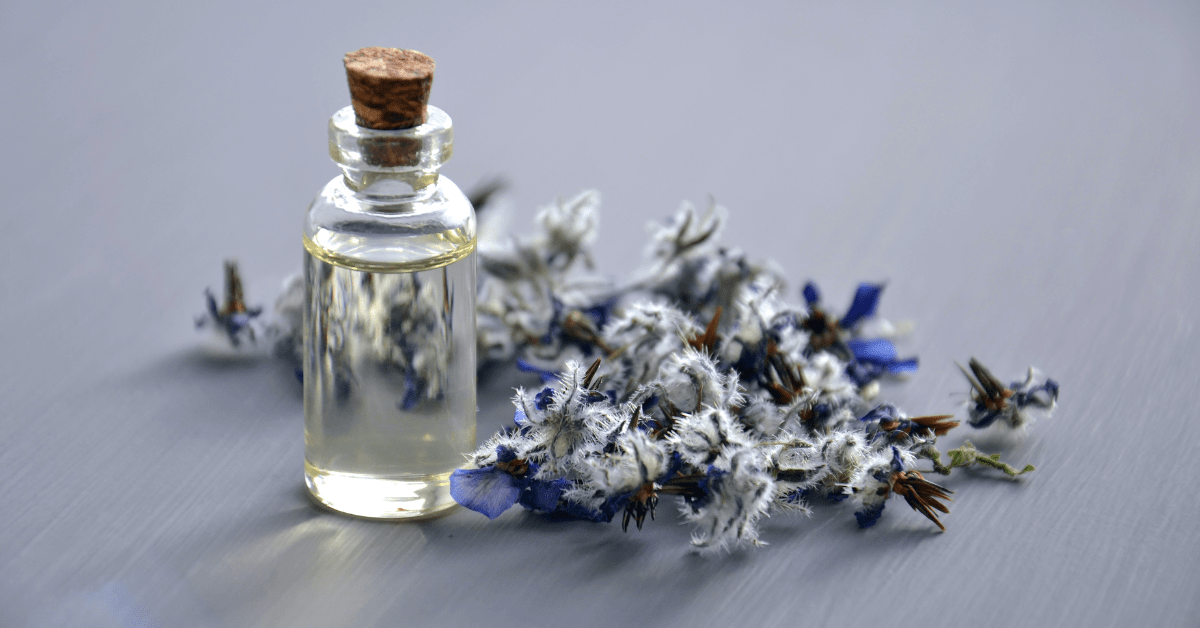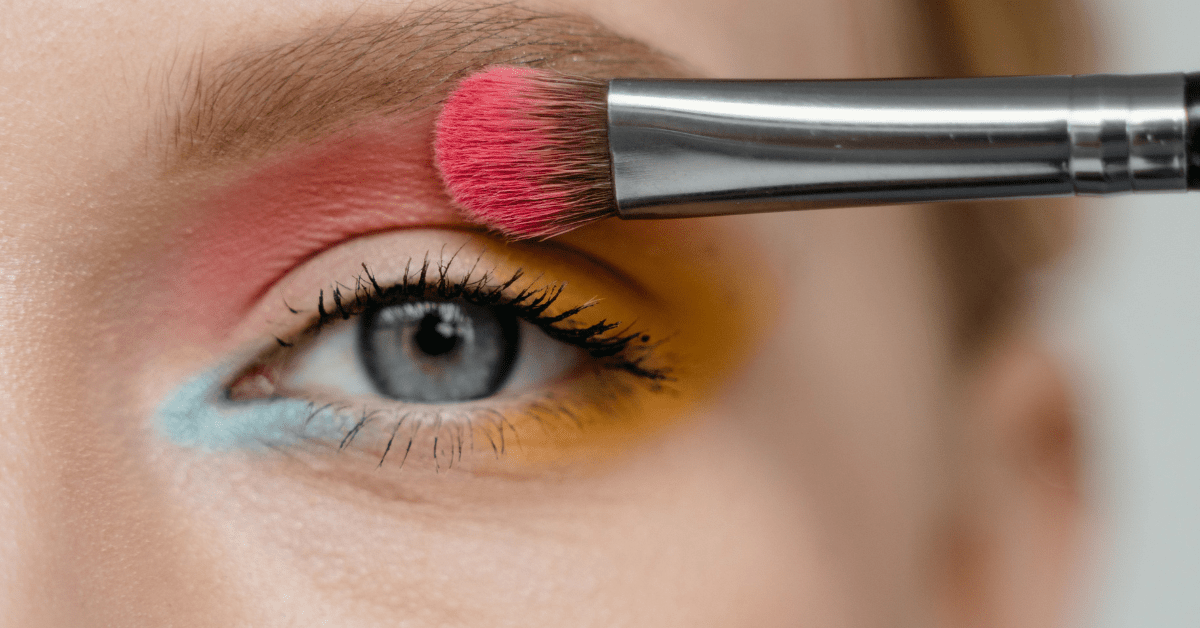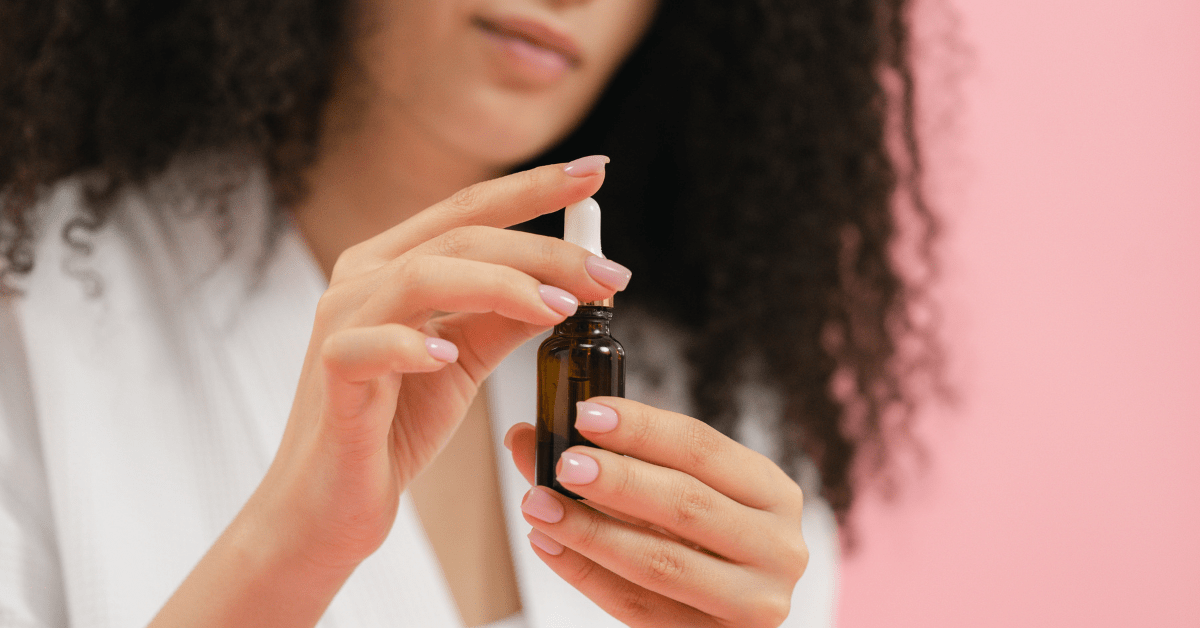
Good hygiene is essential for preventing the spread of germs. In addition to frequent hand washing, it is a good idea to incorporate a sanitizing cream into your daily routine. The right product will kill germs and hydrate your skin, but with so many options to choose from, it may be difficult to select the best one. Here are a few considerations to narrow down your search.
Choosing the Best Moisturiser
Alcohol-based hand sanitizers generally contain a high concentration of ethyl alcohol or isopropyl alcohol as the only active ingredient. These are effective at killing germs, but they dry out and irritate your skin. While you can mitigate the dryness by applying moisturizing cream after applying sanitizer, it’s more efficient to use one product that sanitizes and moisturizes at the same time.
When choosing a sanitizing hand cream, it helps to understand what ingredients to look for and what functions they perform.
Humectants
One of the most effective ingredients is glycerin, a humectant. Humectants attract water molecules from the inner layers of your skin and the air around you and draw them to your skin’s surface. Other humectants include urea and sodium lactate.
Emollients
Emollients are ingredients that soften, smooth, and repair the skin. Popular emollients include vitamin E, plant oils, and silicone derivatives like dimethicone.
Occlusives
Finally, a moisturizing cream should include ingredients that protect the skin and seal in moisture. These chemicals are called occlusives. Many emollients, such as dimethicone, are also considered occlusives.
Choosing the Safest Cream for Sensitive Skin
If your skin is prone to rashes or breakouts, or if you have a skin condition like eczema, choosing skincare products can be difficult. A sanitizing cream is a better choice for sensitive skin than an alcohol-based sanitizer, but you should still read the ingredients carefully. Some ingredients can harm or irritate sensitive skin and should be avoided.
Alcohol is harsh and drying, so look for a product without it. (Fatty alcohols, such as Cetearyl alcohol, are the exception; they are gentler on the skin and can be beneficial in a moisturizing cream.) Instead of alcohol, consider a sanitizing cream made with colloidal silver. Colloidal silver is a mineral with antimicrobial properties and is often used as an alternative to alcohol in sanitizing cream.
Exfoliants, including some chemical exfoliants like salicylic acid and lactic acid, can irritate your skin, as can dyes, detergents, and strong fragrances. Common ingredients that are generally safe for sensitive skin include glycerin, dimethicone, and vitamin E.
If you are unsure how your skin will react to a product, try a patch test. Apply the cream to a small patch of skin and wait 24 hours to see if a reaction appears.
Choosing the Least Greasy Hand Cream
Hand cream does wonders for your skin, but it can also leave your hands feeling greasy. If you want a sanitizing cream that moisturizes without leaving your hands feeling slippery, choose one without petrolatum, lanolin, or mineral oil. These are all occlusive ingredients that form a protective barrier on the skin, sealing in moisture and preventing damage. While they are effective for this purpose, they are also responsible for the greasiness left on your hands after you use them.
Instead, try a cream that contains dimethicone. Dimethicone is also occlusive, but it has a light, silky texture, so it leaves your skin feeling smooth and hydrated, but not greasy.
When adding a new product to your skincare routine, it’s important to consider your needs and choose the product that’s perfect for you. A hand cream that sanitizes and moisturizes can be a gentler, healthier alternative to harsh sanitizers.

















